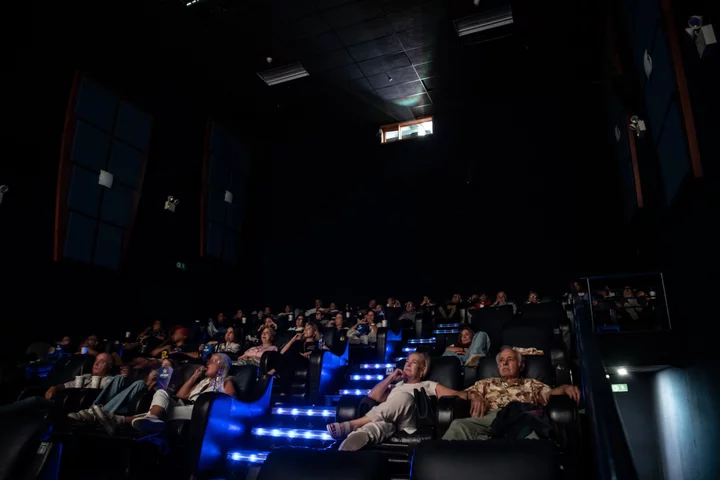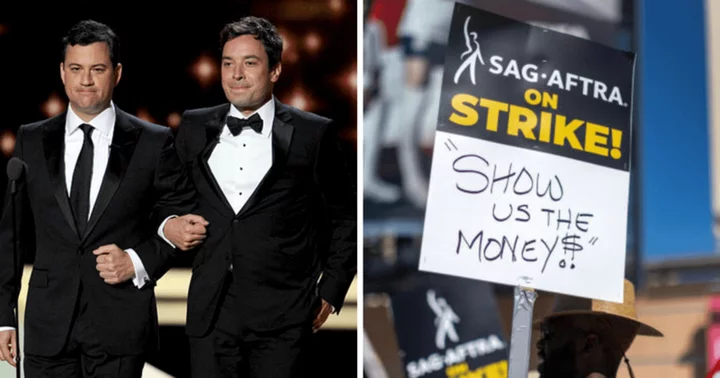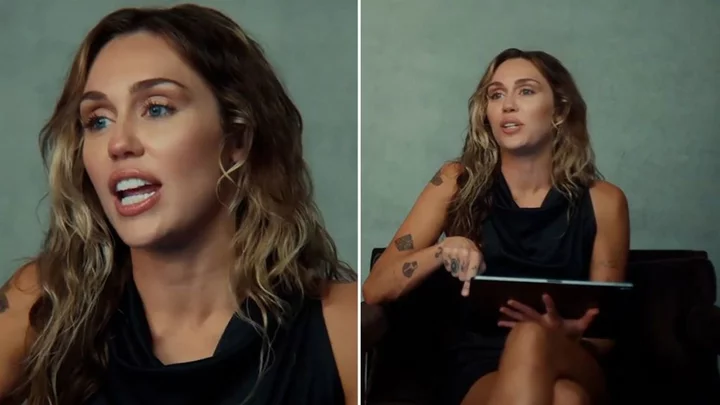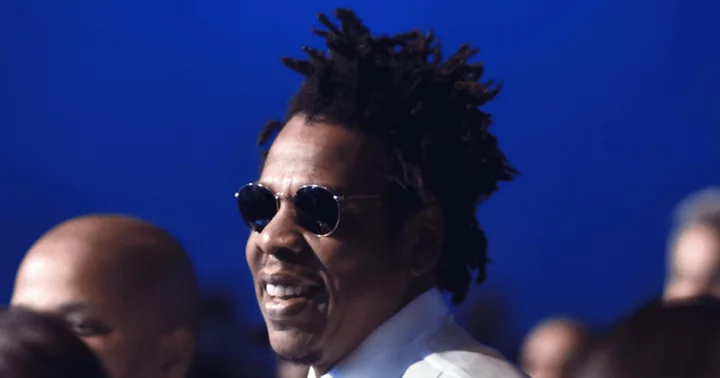Nicolás Maduro is allowing some of his regime’s darkest moments to be aired on cinema screens across Venezuela, betting that few will pay to see it.
The nationwide release of Simón, a film depicting the brutal repression of protesters by state security forces in 2017, has puzzled critics and moviegoers alike.
But at about $15 for admission and a small popcorn, the authoritarian president may be right in guessing many Venezuelans can’t afford to see it, given the South American nation’s deep economic crisis.
“The government has made a bet based on a political calculation,” Bernardo Rotundo, a Caracas-based film critic and head of independent film distributor Circuito Gran Cine, said in an interview. “It prefers to let the film to play out with low attendance rather than encourage the public’s interest after censoring it.”
A request for comment on the film from Maduro’s information ministry wasn’t immediately returned.
Initial excitement for Simón in theaters around Caracas and major Venezuelan cities meant it ranked third behind The Nun, a thriller, and action film Sound of Freedom, garnering 13,000 ticket sales in its first week, according to data compiled by Rotundo. The modest number is still a feat for a domestic-made movie, he said.
Given the growing Venezuelan diaspora, it’s also being seen by sell-out crowds at exclusive showings at theaters from Miami to Madrid.
Simón tells the story of a college student who lives with the trauma of his detention and torture by state security officials after participating in violent anti-government demonstrations in 2017.
Massive protests broke out for months that year, in the biggest-ever show of defiance under Maduro’s rule that came amid rampant shortages, endless store lines, inflation and a crackdown on the opposition. State forces and militia groups responded with an iron fist, beating scores of protesters, dragging some in front of military tribunals and killing more than 100 people.
The trauma of those experiences kicked the country’s exodus into high gear. As of last month, there were 7.7 million Venezuelan refugees and migrants abroad — the majority in other Latin American nations — making it one of the biggest displacement crises worldwide, alongside the wars in Ukraine and Syria.
The eponymous lead character, who flees to the US, is portrayed by Christian McGaffney, a former telenovela star in Venezuela and Mexico.
“Since we conceived the film we were on the one hand certain that no matter what, we were going to finish it, but on the other hand suspected that it was probably going to be a film that was not going to be seen in Venezuela,” Marcel Rasquin, Simón’s producer, said in an interview.
The decision to show the film domestically is at odds with the Maduro government’s usual strategy. The regime has detained journalists, shut down hundreds of local radio stations and blocked Internet access to dozens of news websites from inside the country, according to data tracked by Transparencia Venezuela.
“I don’t know if it’s a mistake, that it slipped by them, or if it was deliberate to ignore us,” Rasquin said. But “I am deeply grateful that Venezuelans, for whatever reasons, have the possibility of having that experience of collective catharsis through the film in a movie theater.”
Yet, with more than half of Venezuelans estimated to earn less than $100 a month, and nearly 85% earning less than $300, going to the movies is a luxury few can enjoy. Its depictions of torture and violence are also hard for many to watch.
For one critic, the raw nature of the film helps explain its initial success.
Simón “touches on a very sensitive issue in the country. Many families had a boy in those protests, some were tortured, some got injured,” said Alfonso Molina, a veteran movie writer in Venezuela. “The film is a complex one, not Manichean. It speaks of the need for Venezuelans to rediscover themselves in the tragedy.”
--With assistance from Eugene Reznik.









